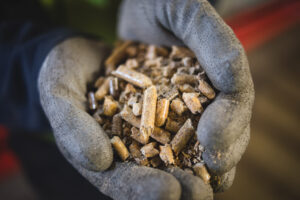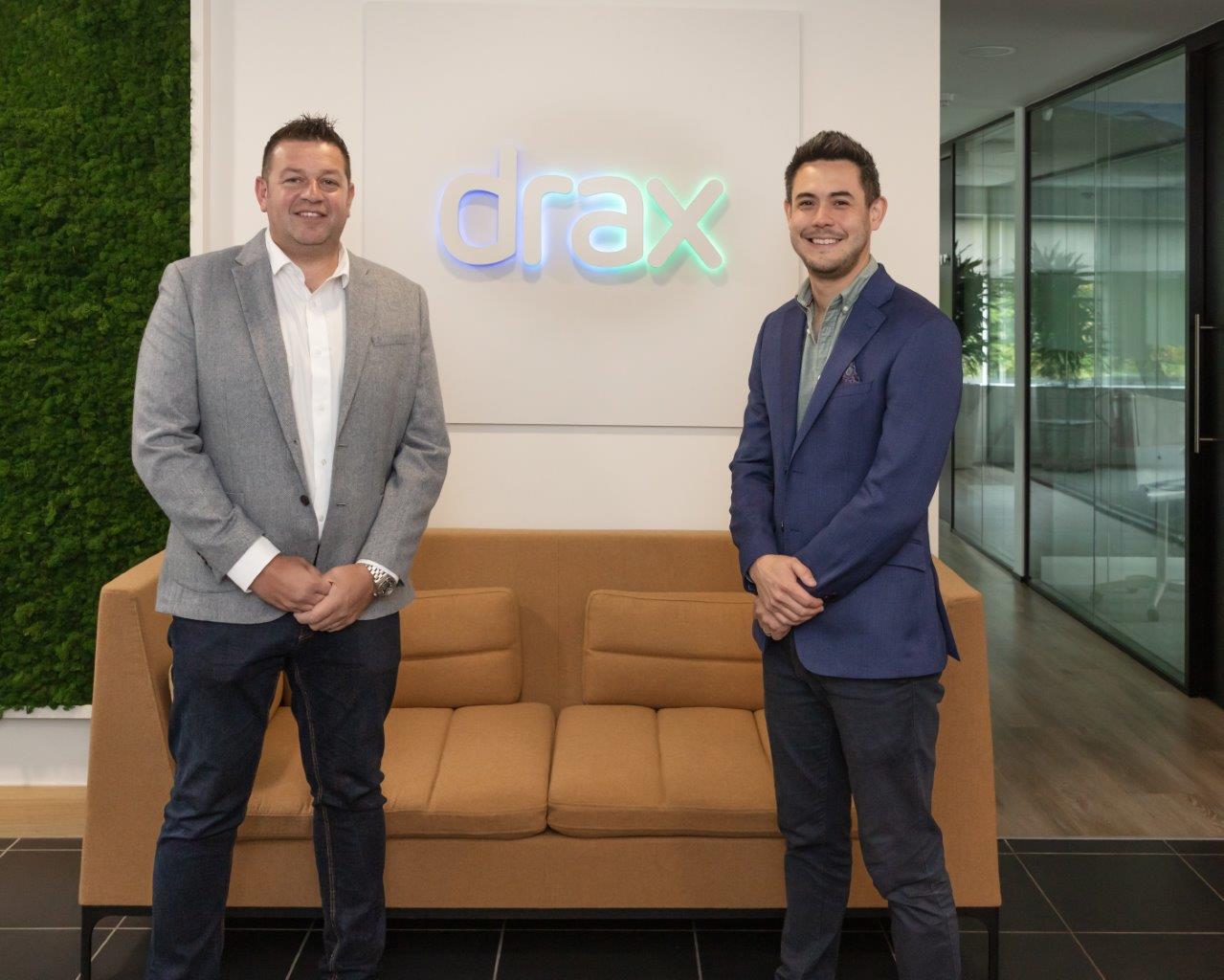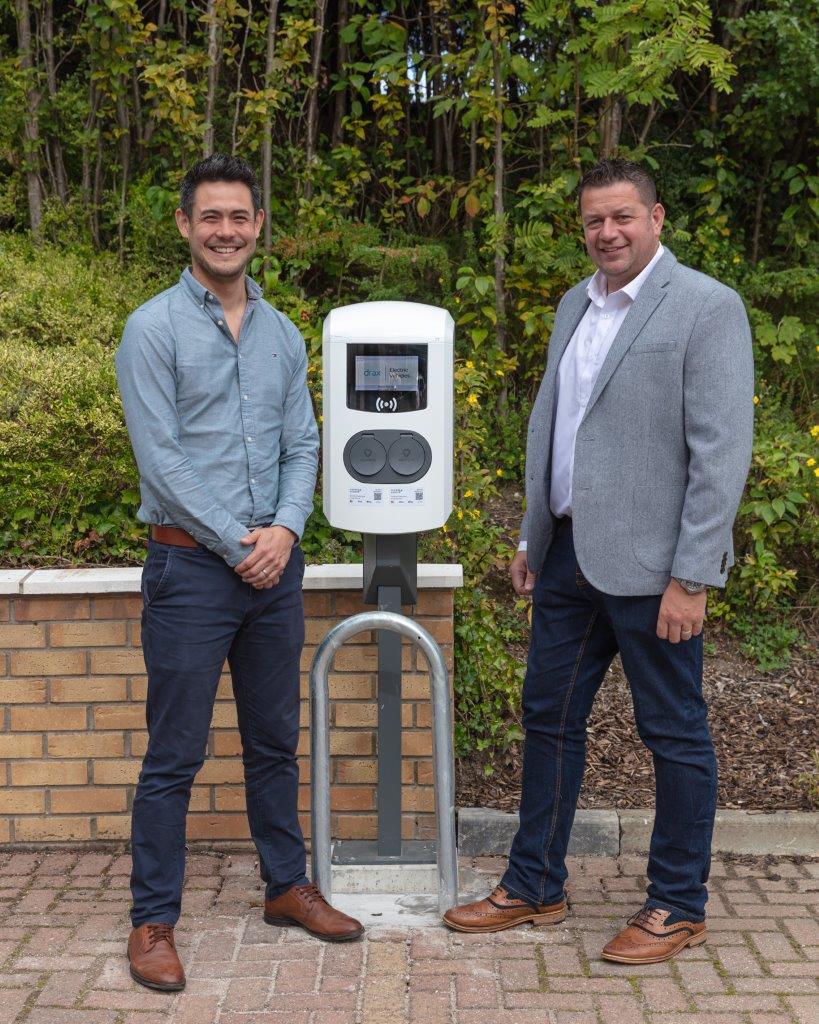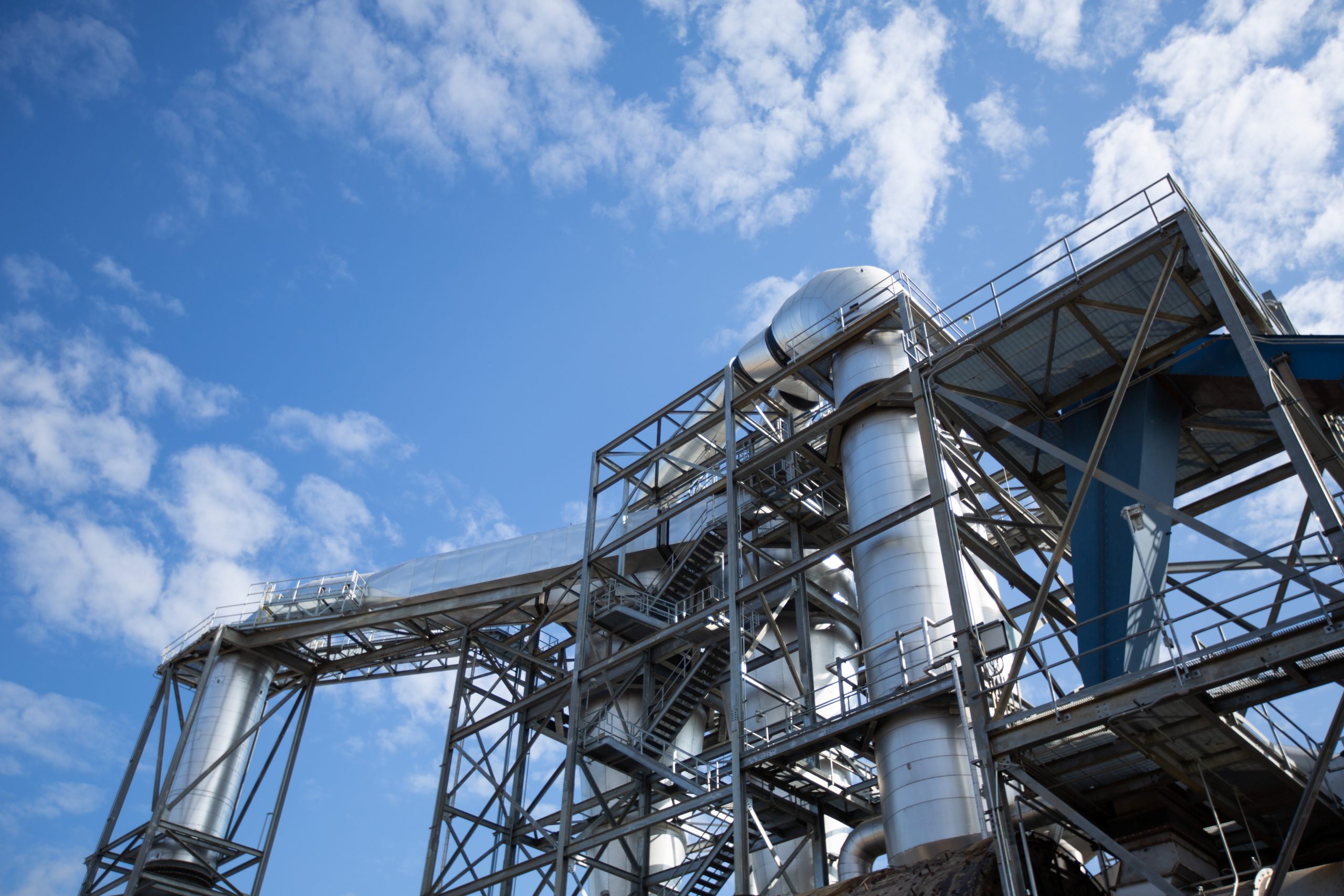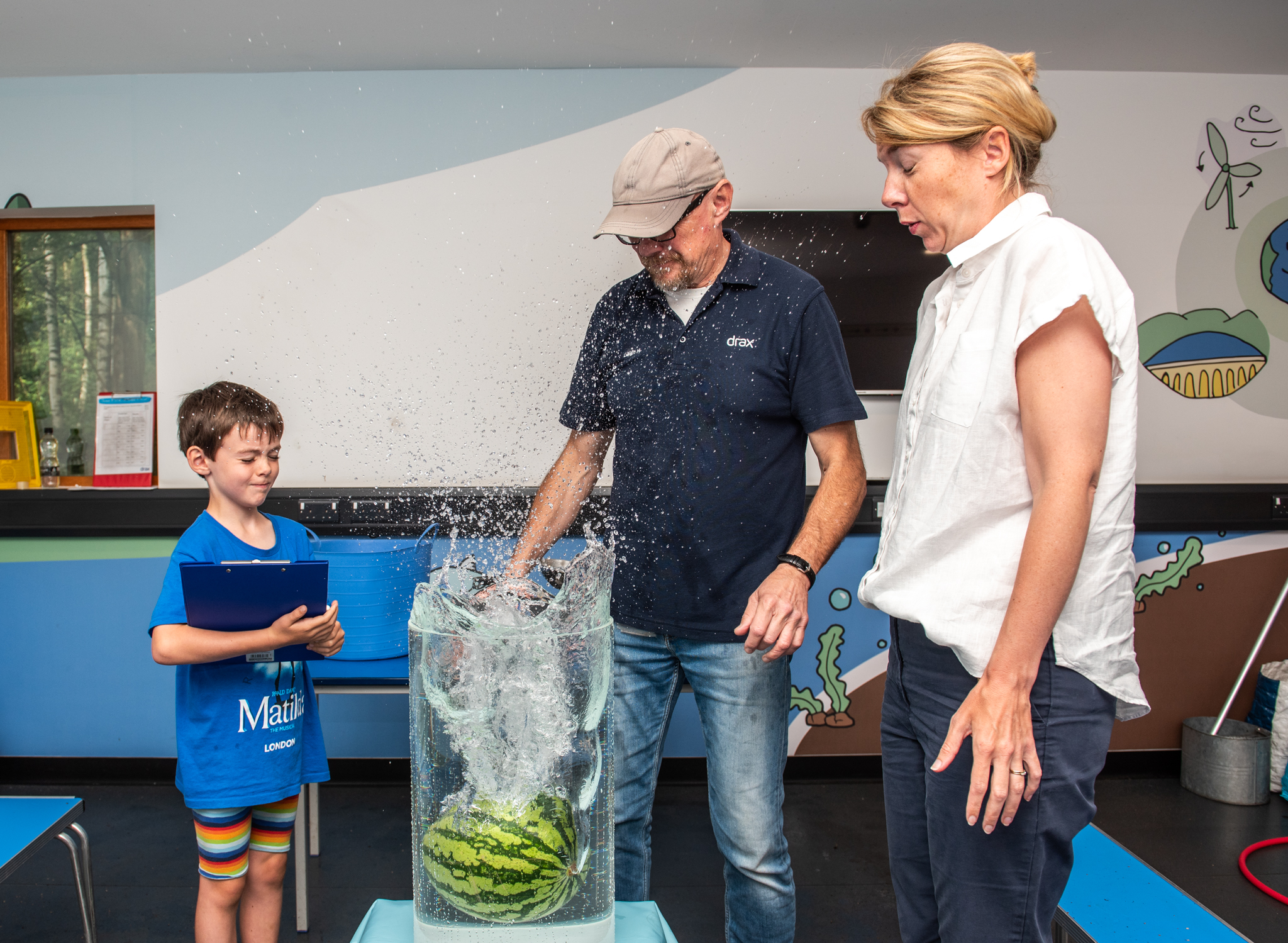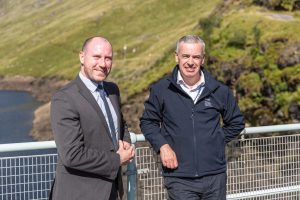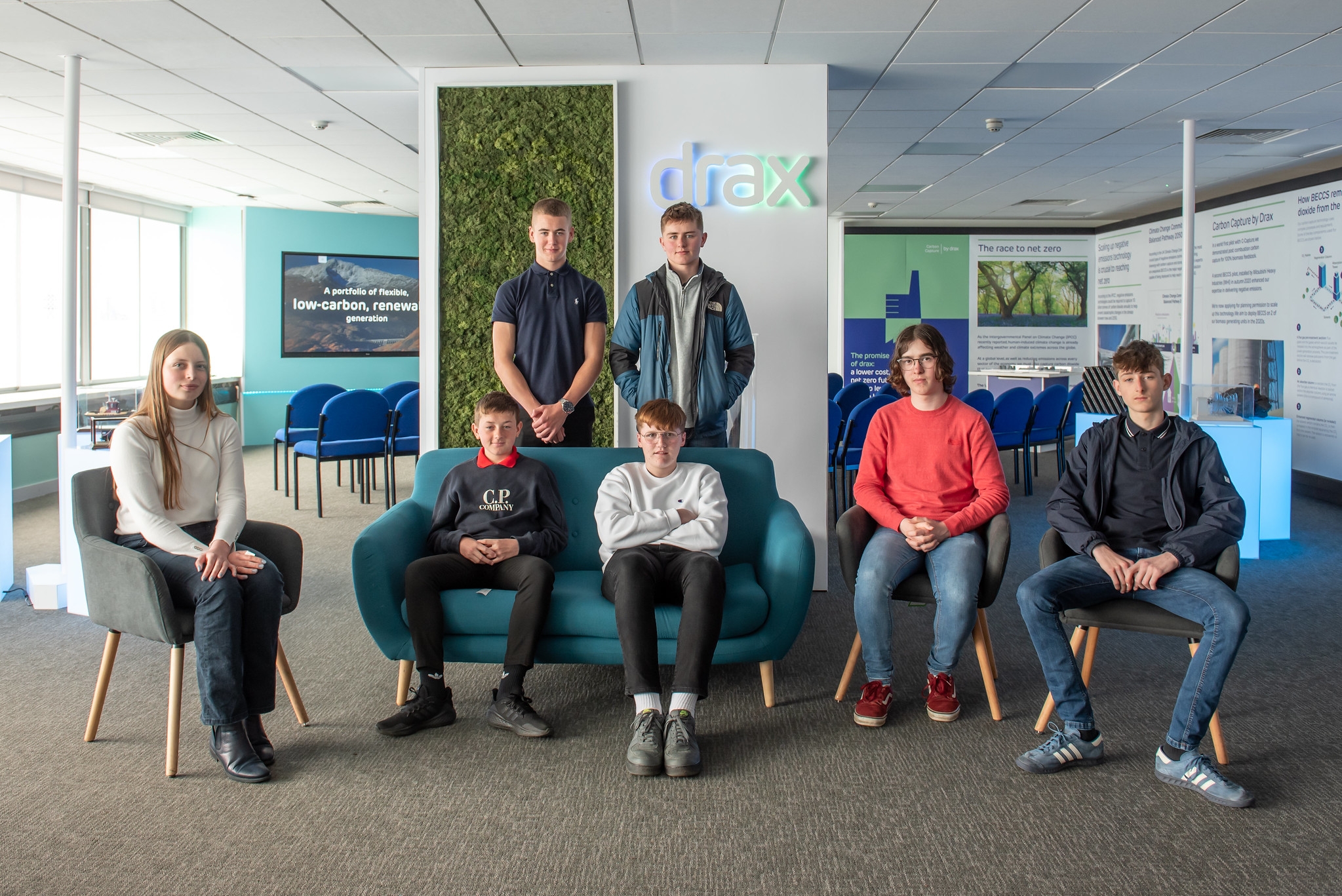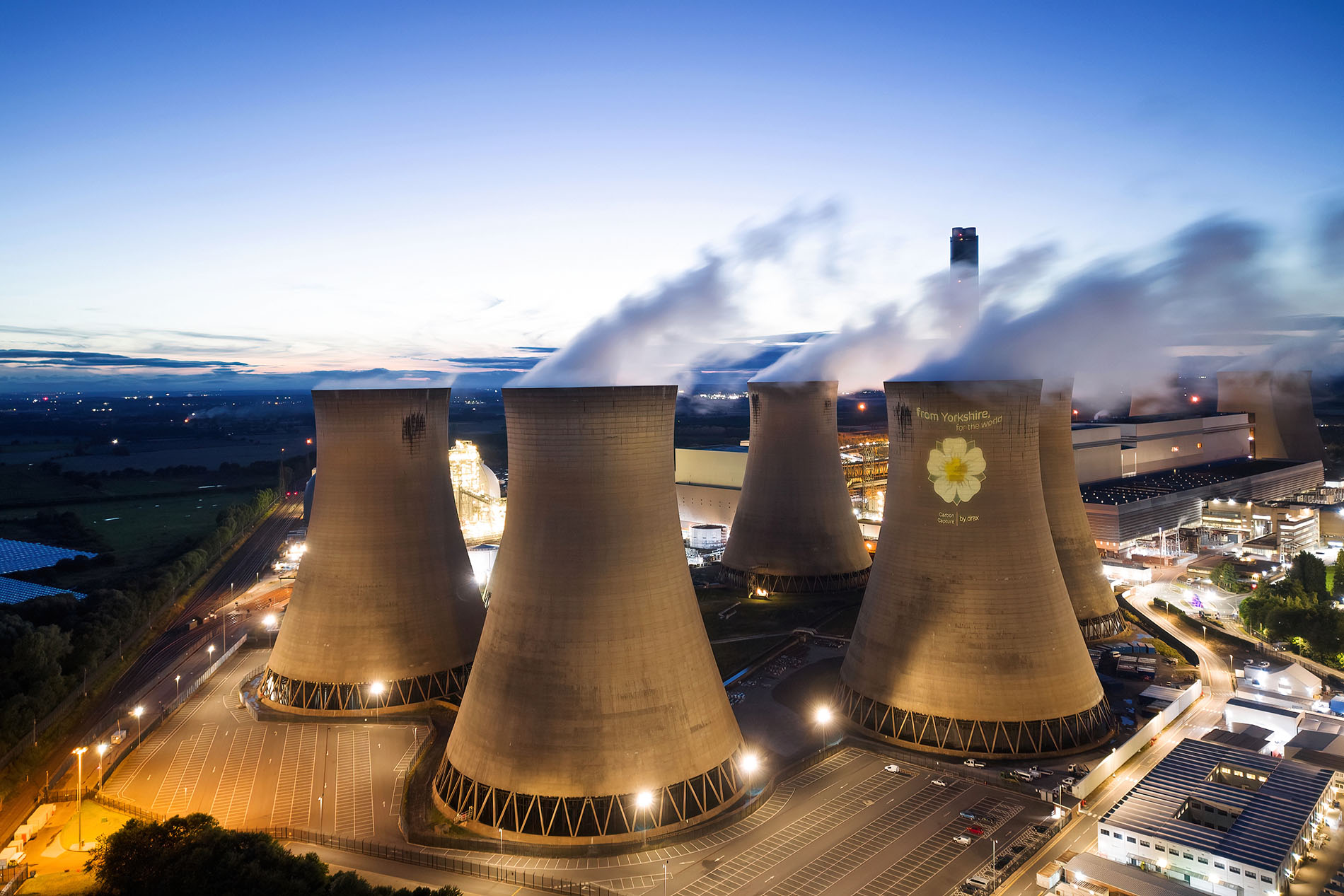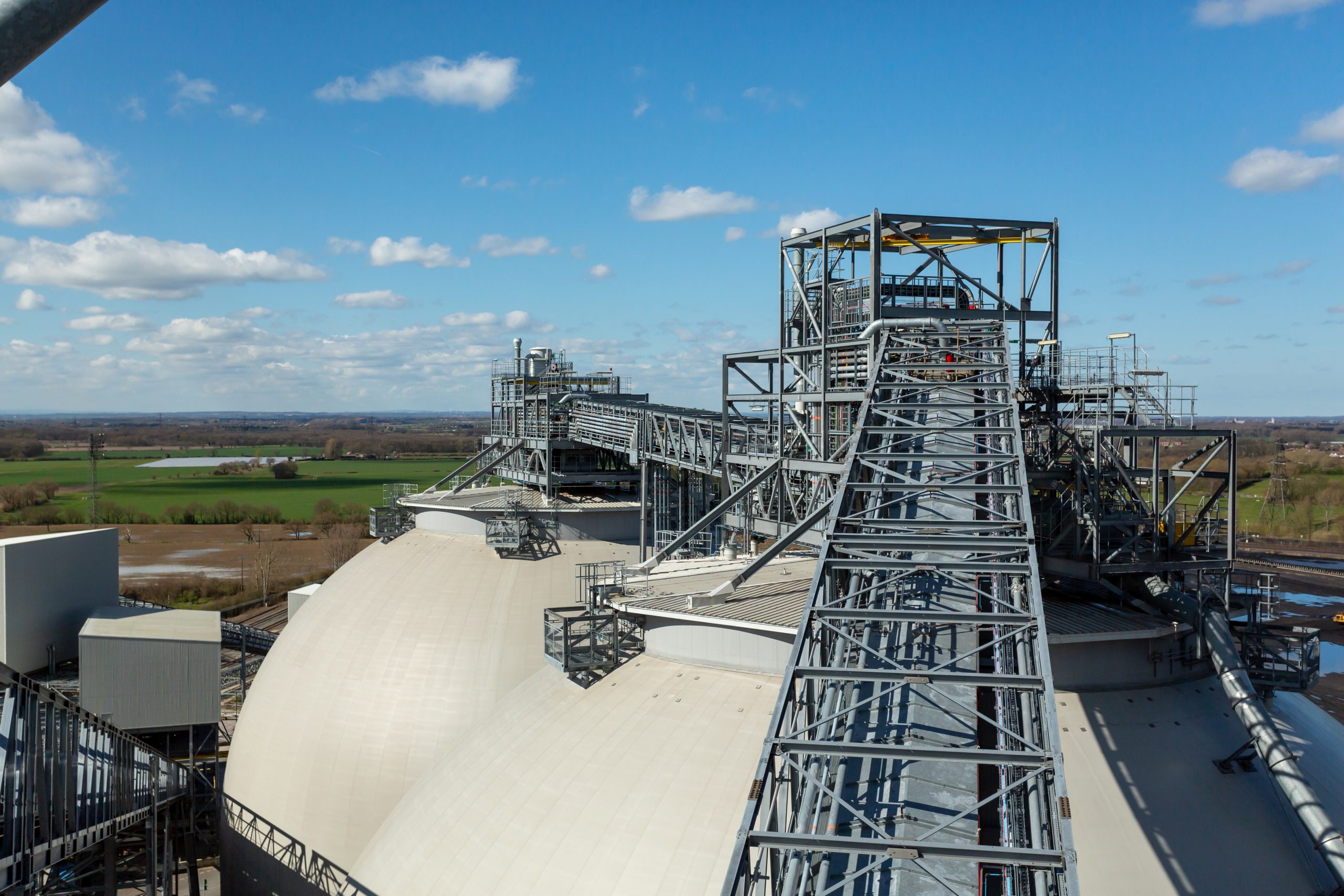
Miguel is a seasoned leader of strategic sustainability and reputation building functions and he will use his extensive experience in major global corporations and ‘not-for-profit’ organisations to support Drax in delivering its purpose, strategic aims and ambition.
Prior to coming to Drax, Miguel most recently held the Executive Committee role of Chief Sustainability Officer and Head of Corporate Affairs at the British multinational consumer goods company, Reckitt Benckiser. He has also been Chief Communications Officer at the Executive Leadership level for the Bill and Melinda Gates Foundation, the world’s largest philanthropic organisation, and worked for 11 years at Unilever where he was Vice President of Global External Affairs and Sustainability.
Commenting on the appointment, Will Gardiner, Drax Group CEO, said, “I am delighted to welcome Miguel into this critical role at Drax and I look forward to working with him to deliver on our corporate strategy, including generating dispatchable renewable power, building BECCS facilities around the world, becoming a major player in the carbon dioxide removal (CDRs) market and maintaining our leadership position in the production and sale of sustainable biomass.”
Mr Miguel Veiga-Pestana, said, “Drax has the potential to play a significant role in tackling climate change and I welcome the opportunity to join the business at such a critical moment in its journey. During my career I have focused on building and protecting reputation, purpose and embedding sustainability into core strategy and feel that this experience is closely aligned to Drax’s growth ambitions.”
About Drax
Drax Group’s purpose is to enable a zero carbon, lower cost energy future and in 2019 announced a world-leading ambition to be carbon negative by 2030, using bioenergy with carbon capture and storage (BECCS) technology.
Drax’s around 3,000 employees operate across three principal areas of activity – electricity generation, electricity sales to business customers and compressed wood pellet production and supply to third parties. For more information visit www.drax.com
Power generation:
Drax owns and operates a portfolio of renewable electricity generation assets in England and Scotland. The assets include the UK’s largest power station, based at Selby, North Yorkshire, which supplies five percent of the country’s electricity needs.
Having converted Drax Power Station to use sustainable biomass instead of coal it has become the UK’s biggest renewable power generator and the largest decarbonisation project in Europe. It is also where Drax is piloting the groundbreaking negative emissions technology BECCS within its CCUS (Carbon Capture Utilisation and Storage) Incubation Area.
Its pumped storage, hydro and energy from waste assets in Scotland include Cruachan Power Station – a flexible pumped storage facility within the hollowed-out mountain Ben Cruachan.
The Group also aims to build on its BECCS innovation at Drax Power Station with a target to deliver 4 million tonnes of negative CO2 emissions each year from new-build BECCS outside of the UK by 2030 and is currently developing models for North American and European markets.
Pellet production and supply:
The Group has 19 operational pellet plants and developments with nameplate production capacity of around 5 million tonnes a year.
Drax is targeting 8 million tonnes of production capacity by 2030, which will require the development of over 3 million tonnes of new biomass pellet production capacity. The pellets are produced using materials sourced from sustainably managed working forests and are supplied to third party customers in Europe and Asia for the generation of renewable power.
Drax’s pellet plants supply biomass used at its own power station in North Yorkshire, England to generate flexible, renewable power for the UK’s homes and businesses, and also to customers in Europe and Asia.
Customers:
Drax supplies renewable electricity to UK businesses, offering a range of energy-related services including energy optimisation, as well as electric vehicle strategy and management.
To find out more go to the website www.energy.drax.com


